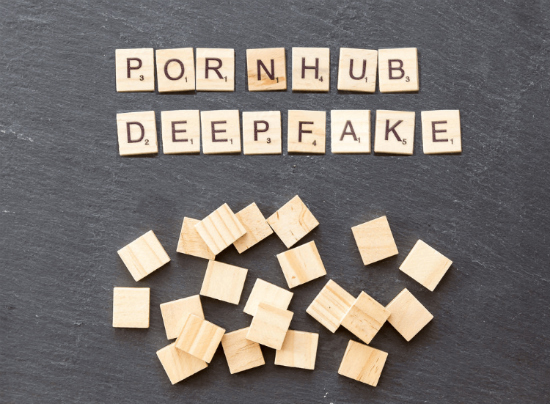Although man has reached great heights in technological innovations over the years, there is also no dearth of miscreants that maliciously use this technology to fulfill their criminal endeavors.
The use of deepfake technology to create pornographic videos is one of the examples of wrongful use of technology. Having said that, deepfake technology has positive applications as well. But the malicious use of this technology has been a growing concern for legal professionals and intellectual property law experts across the world.
What is Deepfake Technology?
So, where did the concept of ‘deepfake’ originate? In December 2017, a user named “DeepFakes” posted realistic looking explicit videos of famous celebrities on Reddit. The user had created fake videos by inserting celebrities’ faces into pornographic movies. Artificial intelligence, and specifically Deep learning, was used to swap the faces of models in the adult movies with those of celebrities. All one needs is a lot of images of the person whose face needs to be superimposed. This is an open source technology, which means anyone can use it for heinous activities.
What are its Applications?
Video Content Production
Deepfake technology can be effectively used to create interesting video content. For the longest time, professionals at Hollywood were pros at their game when it came to video editing. But that always came at a very high cost. Deepfake technology is relatively cheaper and an easier solution compared to traditional video editing.
With the help of deepfake technology, web entertainment platforms like Amazon Prime, and Netflix can graduate to a whole new level. Audiences could be given a choice to select the actor of their choice, and then view shows with the superimposed images of their favourite actors. This could also be done for long dead actors as well.
Social Apps
As we know, social networking apps like Snapchat already have built-in face-swapping features that enables users to juxtapose anyone’s face on a desired video or image. JibJab is a company that has been selling video greeting cards with simple face swapping technology. Deepfake technology could also be a great meme generator for social media users.
What Legal Actions can be Taken To Curb the Use of Deepfake Technology?
Copyright Laws
Going back to the negative uses of deepfake technology, it is important that social media sites have stringent copyright policies for the images that are uploaded, shared or saved. Social networks need to make effective use of intellectual property law in their respective countries to control the spread of modified videos and the unsolicited use of images of innocent people. While the Copyright Act only provides copyright protection within Canada, similar laws exist in many other countries through those countries’ ratification of international treaties such as the Berne Convention and the Agreement on Trade Related Aspects of Intellectual Property Rights.
Do you think intellectual property law can be used to control the misuse of deepfake technology?

